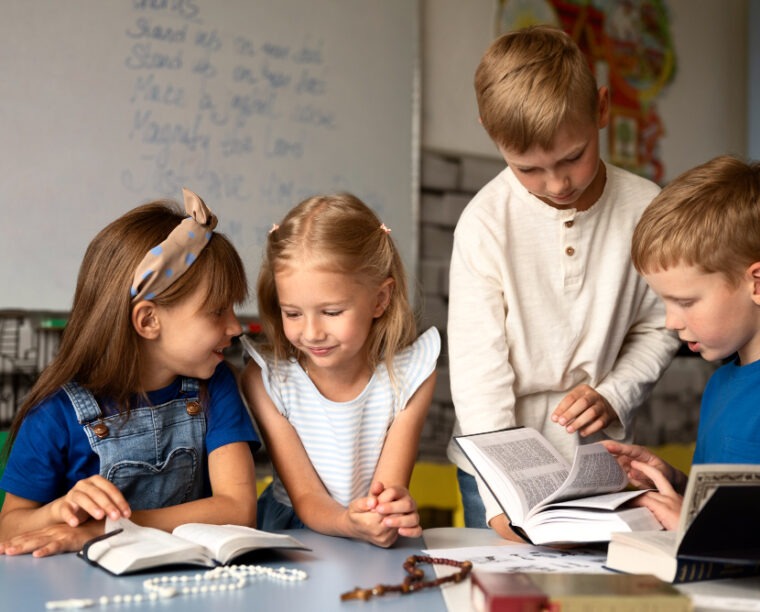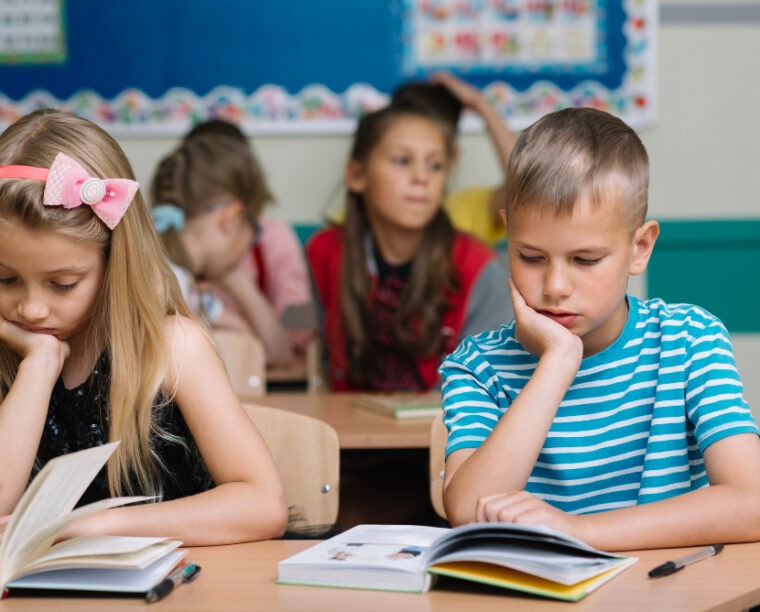
It is often said that being a good teacher is not just a profession, but a calling. Society frequently debates the qualities a teacher should have so that children feel safe, engaged, and ready to learn. The answer may seem simple: the best teacher is professional, knowledgeable, passionate about their work, and able to connect with children. However, in reality, it is not that straightforward.
Today, Lithuania, like many other countries, is experiencing a shortage of teachers. This is hardly surprising, as modern educators face enormous expectations: even primary school teachers are expected to be psychologists, friends, inspiring leaders, and patient conveyors of knowledge—all at once. Of course, no one person can fully meet all these demands.
Therefore, it is worth taking a broader perspective: what role does a teacher truly play, how can schools support their professional growth, and why is the relationship between teacher and child considered the most important factor in successful education?
So, what makes a great teacher?
When we think about teachers, we often picture the ideal educator: patient, creative, empathetic, and constantly interested in new developments. All of these qualities are important, but there is no such thing as a “perfect” teacher—each has their own strengths and weaknesses. Some excel at inspiring children to be creative, others consistently guide them along the path of academic knowledge, and still others create a particularly safe emotional environment.
The answer to the question of what makes a good teacher is not the same for every child. For one child, it may be essential that their primary school teacher patiently helps them overcome difficulties. Another child may benefit most from an enterprising and creative preschool teacher who introduces the world of knowledge through play. For a third child, feeling understood and accepted may be the most important factor, even if learning happens at a slower pace.
The best teacher is not necessarily the one who rigidly follows textbooks and programmes. What matters most is the ability to connect with the child and inspire them. This connection becomes a bridge to successful learning, because without emotional security and trust, even the most engaging lesson loses its value.
The teaching profession in transition
Today, we are faced with a difficult reality: the teaching profession is no longer as attractive as it once was. There is growing concern about a shortage of specialists, with both general education and pre-school institutions struggling to recruit qualified staff. As a result, more and more institutions are taking a proactive approach—not only seeking future teachers, but also training them themselves.
Some primary school teachers enter the profession after completing studies in a different field. Through practical experience—learning alongside children, receiving guidance from experienced mentors, and participating in ongoing professional development—they grow into skilled educators. The same applies to some preschool teachers: even while still studying, their love for children and desire to educate allows them to be excellent group teachers. Educational institutions invest in the growth of these individuals, and their experience becomes just as valuable as a formal diploma.
It is important to recognise that teaching is a path of continuous learning. The best teachers are first and foremost curious, open-minded students themselves, constantly deepening their knowledge, improving their skills, and learning from colleagues, children, and everyday classroom situations. Educational institutions therefore have a dual responsibility: to provide children with the knowledge and skills they need, and to support teachers in growing into knowledgeable and inspiring educators.
A teacher as a guide and inspirer
Today’s learners face new challenges that call for a fresh perspective on the role of the teacher. An innovative teacher is not afraid to explore creative solutions, apply technology, and incorporate games or project-based learning into the educational process. Whether in a school or working independently, a teacher must be able to adapt to the changing needs of children and confidently seek new teaching methods that go beyond the content of textbooks.
The best teachers today are more than just instructors. They are experienced adults who help children not only acquire academic knowledge, but also develop relationships with themselves, others, and the world around them. They recognise children’s strengths, boost their self-esteem, and give them the courage to try again.
Building meaningful relationships for learning
Professionalism, experience, and creativity are all important, but the true measure of a teacher’s success is their ability to establish a genuine connection with children. Children learn more effectively when they feel safe and accepted, ask questions confidently knowing they will not be ridiculed, and put in greater effort when their progress is recognised and appreciated.
The connection between teacher and student is like an invisible thread that binds the entire educational process together. Without it, acquiring knowledge becomes much more difficult. A sincere connection transforms learning into a meaningful journey, one in which the child never feels alone.
 School Saulės Gojus
School Saulės Gojus 

